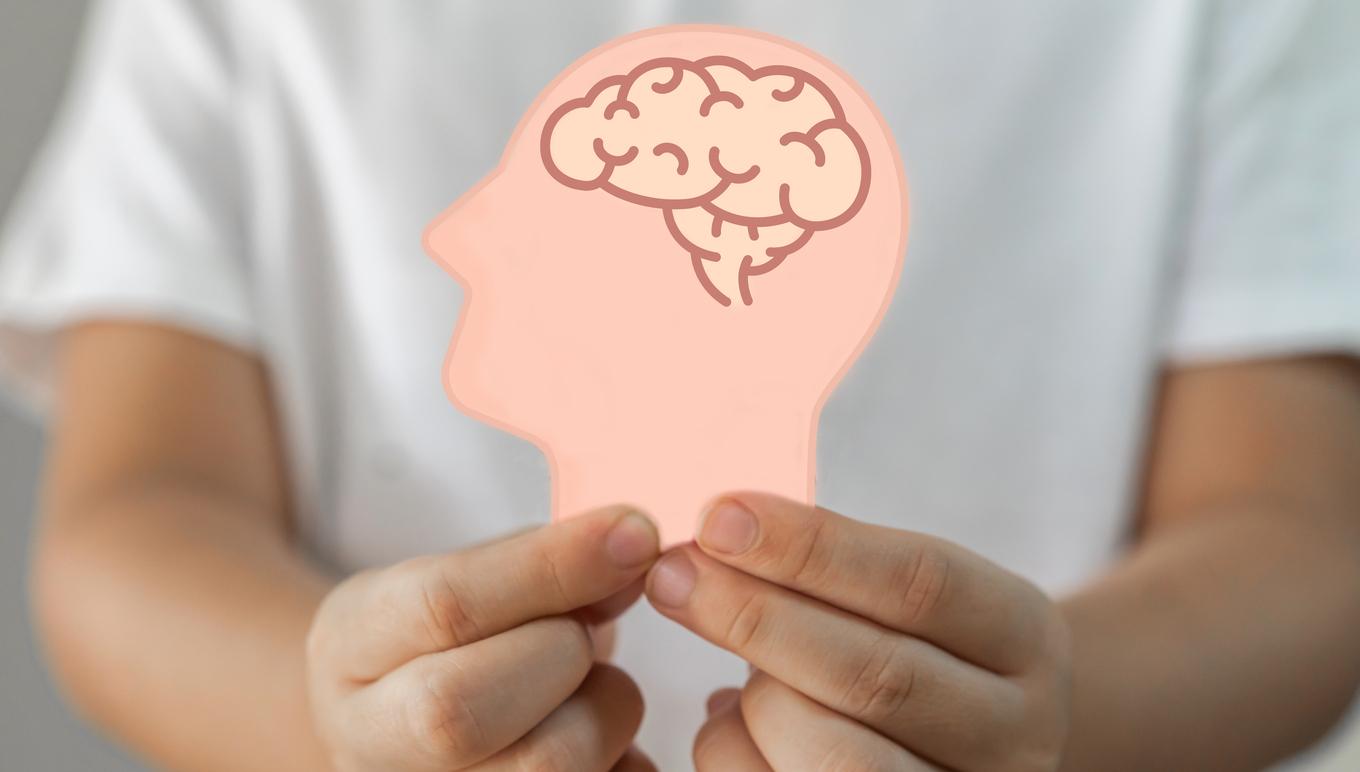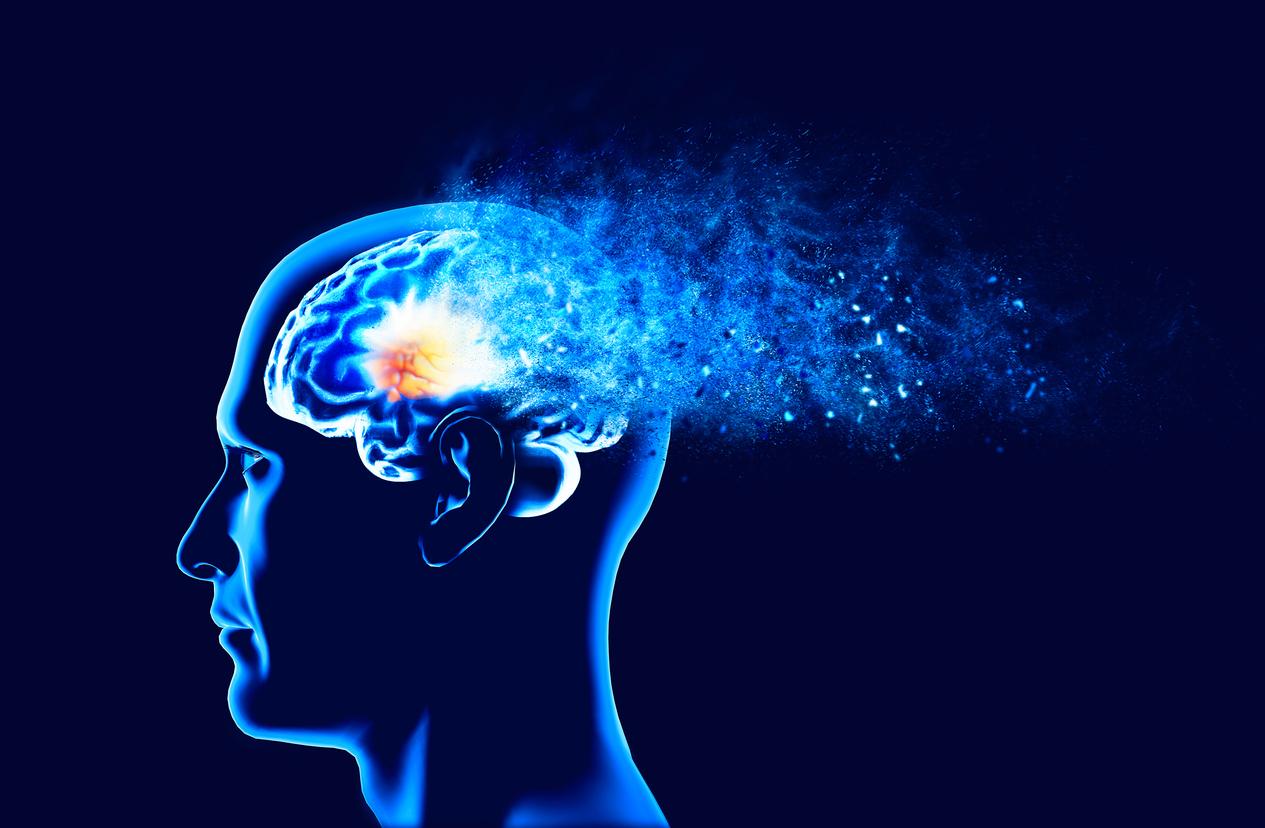In recent years, numerous studies have shown that maintain our body and our spirit in movement allowed to combat cognitive decline. A new study published in the journal Neurology confirms the interest of this stimulation to ward off brain aging, but it also shows that it is not enough to ward off Alzheimer’s disease.
Researchers at the Mayo Clinic (United States) worked with 393 people over the age of 70, including 53 people with mild cognitive impairment. All received weekly questionnaires to assess their level of physical and mental activity. The researchers measured a certain number of parameters specific to Alzheimer’s disease such as amyloid plaques, the volume of the hippocampus or the presence or absence of a known genetic factor (the APOE 4 protein).
They noticed, after the tests, that “For the group as a whole, physical or mental activity had minimal effect on amyloid plaques, glucose metabolism, or hippocampal volume.” In summary, Alzheimer’s disease seems to follow its own rules, different from those of other forms of cognitive decline.
Experts recognize, however, that intellectual stimulation is never harmful and that it can increase the feeling of well-being.
Read also :
Cognitive decline is faster in women
Alzheimer’s: the microbiota track is interesting
Alzheimer’s disease: new biomarkers


















